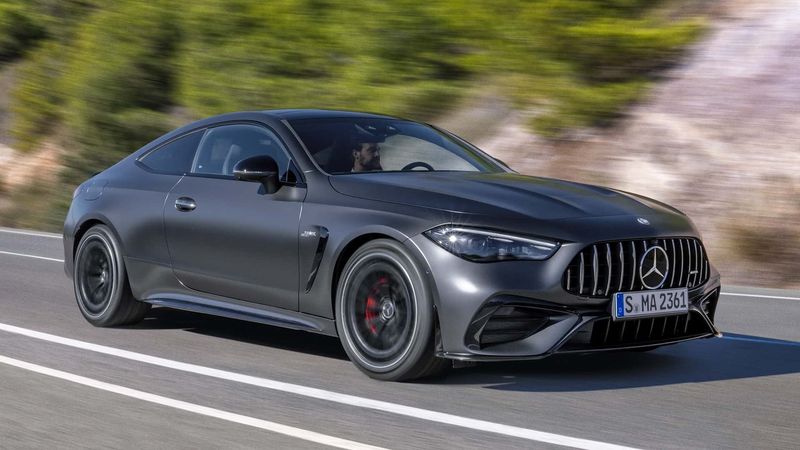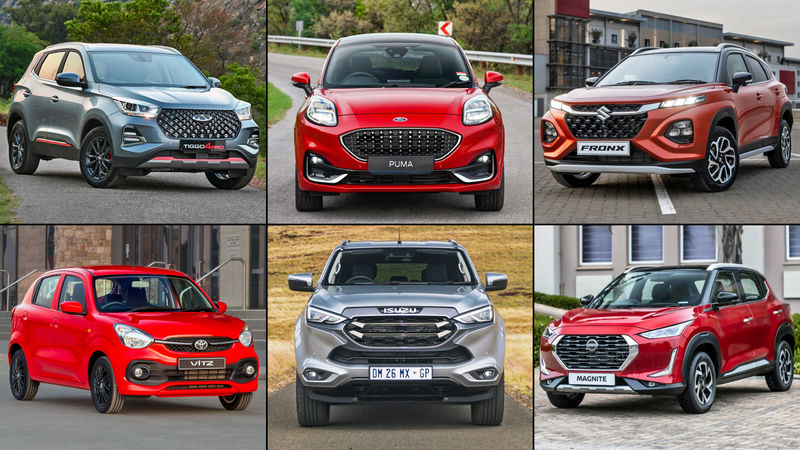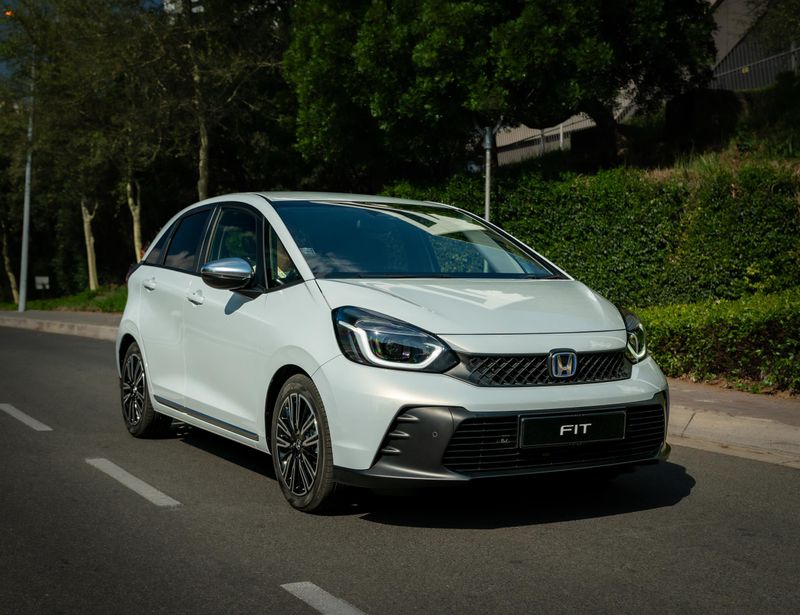Motorists should prepare themselves for yet another increase in the price of fuel. Both grades of petrol will increase by R1.46/ per litre, diesel will increase between R1.44/l and R1.48/l and illuminating paraffin will increase by R1.21/l at midnight as we go into Wednesday.
For the first time in history, 95 octane petrol inland will rise above R21 a litre, and by a significant margin. As of Wednesday, this fuel will cost R21.60/l while at the coast it will cost R20.88/litre.
The main factors influencing the monthly fuel price adjustments are the Rand-Dollar exchange rate and the price of petroleum products such as Brent Crude Oil. During the first half of February 2022, the Rand-Dollar exchange rate has remained fairly stable and is currently around R15 to the US Dollar. The price of Brent Crude Oil, however, is surging and is currently at $93.7 per barrel.
Geo-political uncertainty as a result of conflict involving Russia and Ukraine isn’t helping matters and this upward trend is likely to persist in the short-to-medium term as the threat of a potential conflict lingers.
The Automobile Association (AA) has called on the government to urgently address the fuel price crisis and to mitigate fuel price increases in an effort to relieve over-burdened consumers.
“Our economy is closely linked to the fuel price; it is a major input cost in the manufacturing, retailing and agricultural sectors. We have noted before that a review of the current structure of the fuel price, as well as an audit of all the elements which comprise the fuel price, should be done sooner rather than later. We therefore call on the Minister of Finance to initiate such a review during his Budget Speech on 23 February,” says the AA.
In addition, the AA strongly believes that increasing fuel levies must be avoided.
“We know all too well of the economic challenges facing the country, and of the importance of the revenue raised through the two main levies. We are also aware that, as was the case last year, delivering a Budget in the current economic environment is tricky and difficult and that the pressure to ease government’s financial burden is immense. However, increasing the levels of the General Fuel and Road Accident levies will be counter-productive as this will impact mostly on the poorest of the poor”
The General Fuel Levy is currently at R3.93 p/l while the Road Accident Fund (RAF) Levy is at R2.18 p/l, both of which add up to R6.11 for every litre of fuel sold in South Africa.
Nedbank, however, predicts a General Fuel Levy increase of 30c/litre for petrol and diesel, and 15c/litre in the Road Accident Fund levy.
“Our country faces enormous and complex economic challenges. High fuel prices are adding to these challenges and instead of accepting the current model, we must seek solutions that benefit consumers, not place them in more financial distress. One immediate solution for us, for instance, is to review the funding of the poorly managed Road Accident Fund (RAF). Our reliance on the RAF is a direct result of South Africa’s poor road safety and that’s where more attention needs to be given for a long-term solution,” urges the AA.
Is it time for South Africa to Switch to EVs?
5 Ways to Beat the Fuel Price Hike
Most Fuel Efficient Budget Cars in SA
Most Fuel-Efficient Double-Cab Bakkies in SA
5 Fuel-Saving Car Features & How They Work
Most Fuel Efficient Budget Cars in SA
Most Fuel Efficient Diesel Cars in SA
Most Fuel Efficient Petrol Cars in SA





